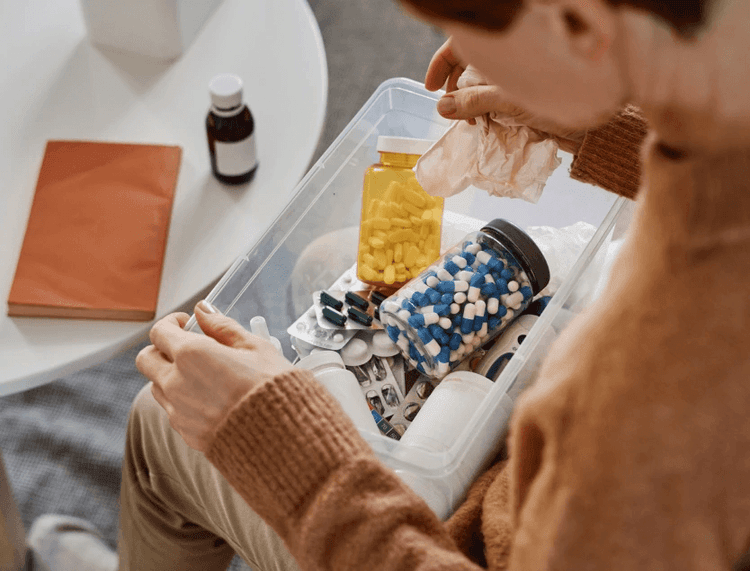
If pollen season leaves you dreading the start of summer, you’re not alone. Summer brings long days and warm sunshine, but for millions affected by hay fever, it also brings sneezing fits, itchy eyes, and a blocked/runny nose. Hay fever, also known as allergic rhinitis, is triggered by pollen from grass, weeds, and trees, and during the summer, it’s practically everywhere. Nearly one in two people in the UK experience hay fever symptoms at some point. Although there’s no magic cure just yet, there are plenty of ways to ease your symptoms and make summer more bearable.
Here are some practical tips, based on NHS recommendations and advice we often give our customers here at Eastwood Health pharmacy.
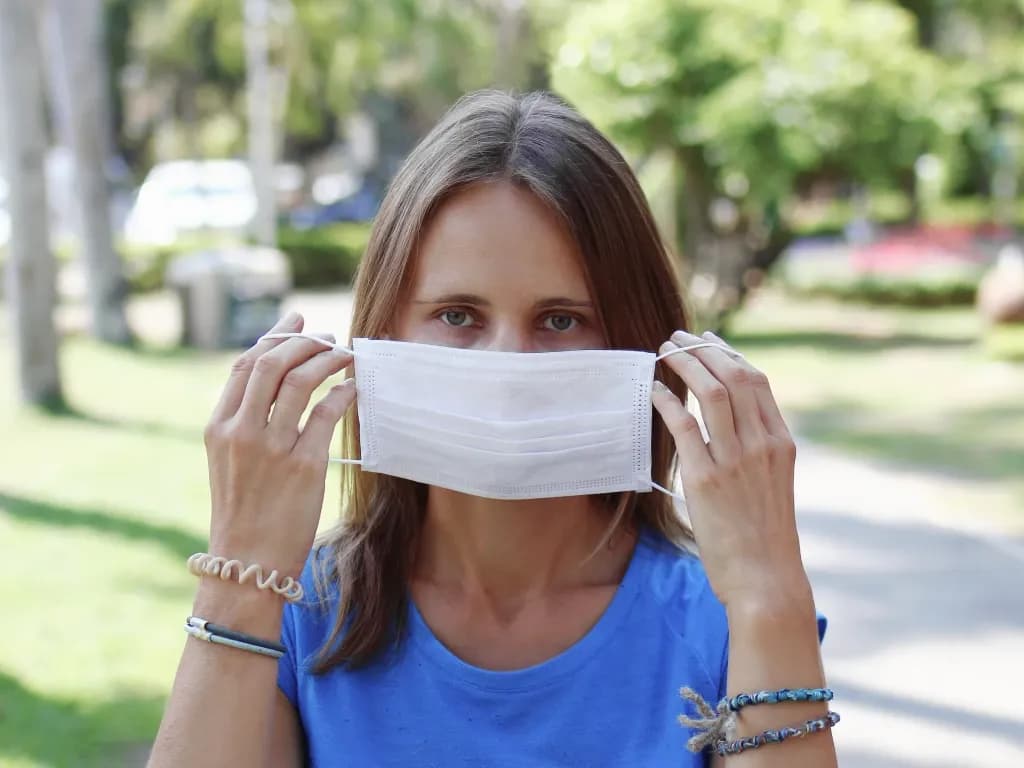
Hay fever symptoms tend to kick off when pollen gets into your eyes, nose, or mouth, so the more you can protect your face, the better. Wearing sunglasses outside can help stop pollen from getting into your eyes. And if you’re struggling, a lightweight face mask can cut down what you breathe in, too. Bonus tip: covering your face can also help you avoid rubbing your eyes, something we all do without thinking, but it only makes symptoms worse.

Most of us check the weather before heading out, and try to get into the habit of checking the pollen levels too. The Met Office does a daily pollen forecast, and apps like Your Pollen Pal give local updates. If the count is high, it might be worth adjusting your plans or taking extra precautions (like taking your antihistamines early).
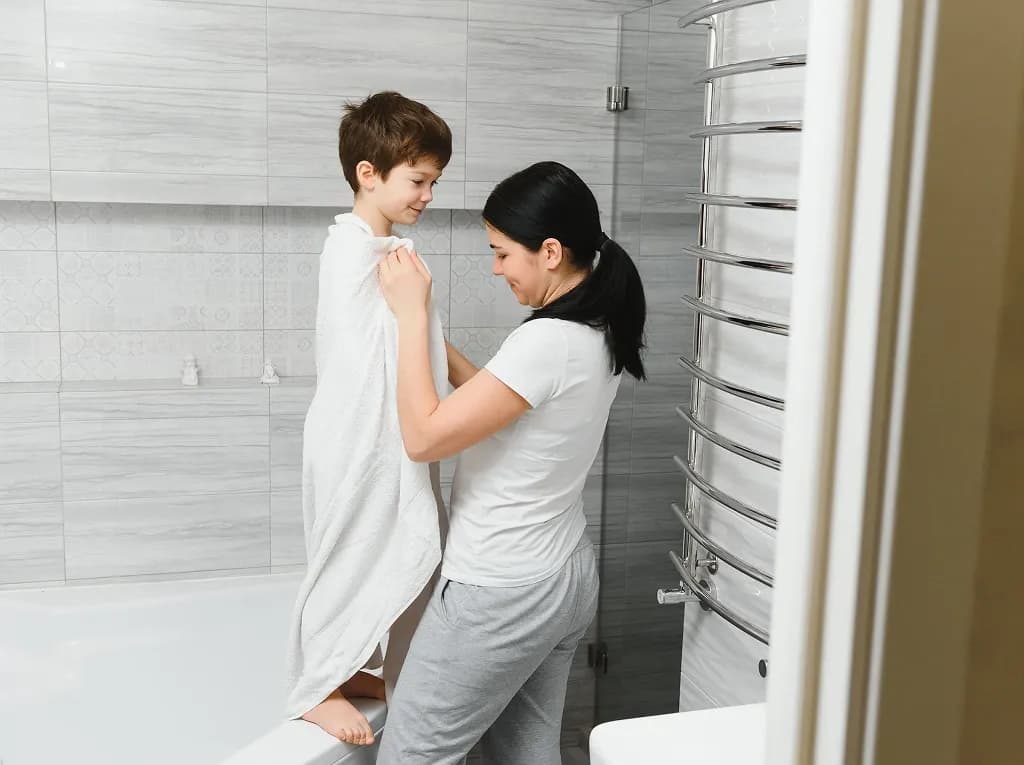
It’s not just the air that carries pollen, it also tends to cling to your clothes, hair, and skin throughout the day. When you come in after being outside, it’s a good idea to have a quick rinse and change. If you’ve been out for a walk or in the garden, washing your hair can help. Or if that’s not practical, tying it back can at least stop pollen from getting near your face.

As lovely as a summer garden is, it’s also full of the main culprits when it comes to hay fever: grass, flowers, weeds, and trees. If cutting the grass sets you off, try to avoid it where possible. And if you’re thinking about planting, steer clear of high-pollen flowers like sunflowers and chrysanthemums. One more tip, as tempting as it is to dry clothes outside in warm weather, they can pick up pollen. Drying clothes inside can help reduce the amount of pollen that makes its way into your home.
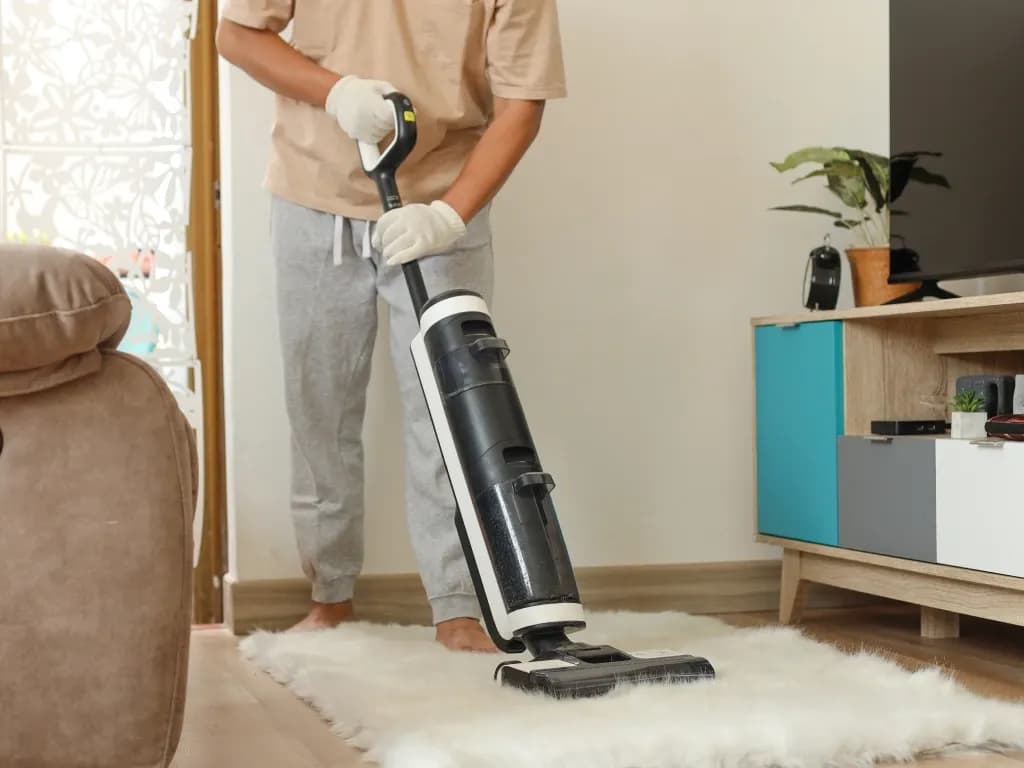
It’s a tricky balance, opening windows keeps your home cool, but it also lets pollen drift in. An air purifier has made a big difference; it helps clear the air of pollen and dust, especially in bedrooms. Also, vacuuming and dusting regularly can stop pollen from building up indoors. It might take a bit of extra effort, but it helps when you're trying to keep those symptoms in check.
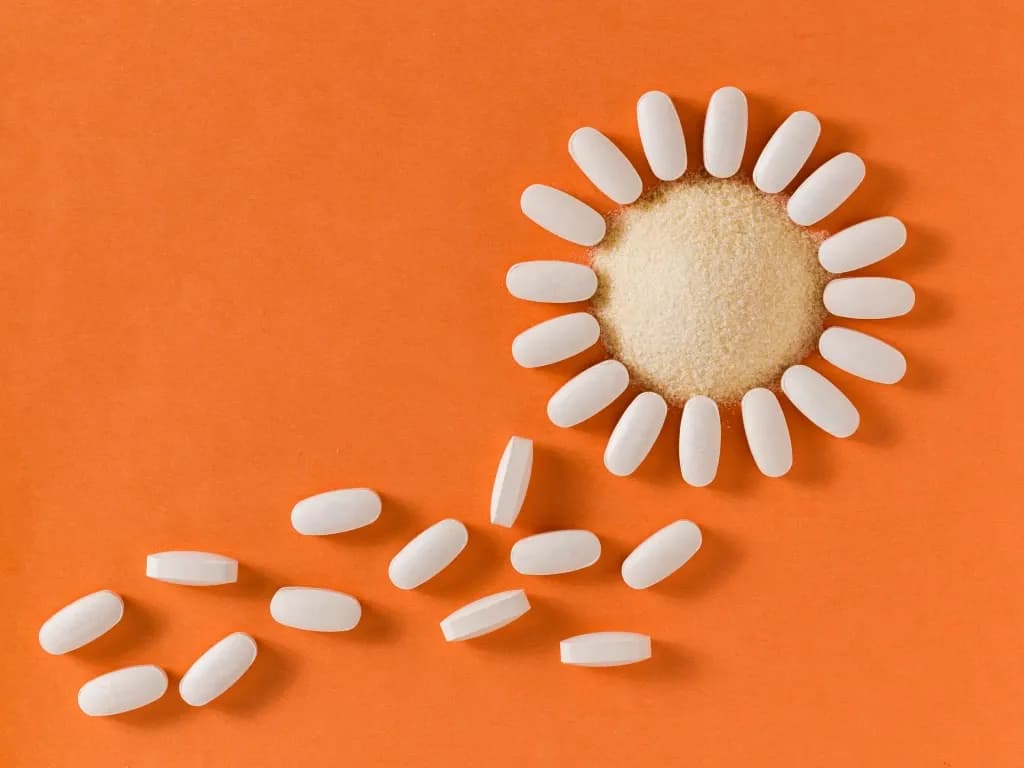
Antihistamines work best when taken before your symptoms begin. On days when the pollen forecast is high, taking your dose early can help prevent the onset of itchy eyes, sneezing, or congestion, rather than trying to treat them once they’ve started. Everyone reacts a little differently, so if you’re not sure which type is right for you, we can help point you in the right direction.

There’s no one-size-fits-all when it comes to hay fever treatment. Some people get by with a daily antihistamine tablet, while others need a combination of tablets, nasal sprays, and eye drops. The good news is, there are loads of options available, and including non-drowsy options, but the key is finding the right one for your symptoms.
It’s also worth noting that hay fever symptoms and the best way to treat them can differ for children. Some antihistamines aren’t suitable for younger age groups, and dosages will vary. So it’s always a good idea to speak with your pharmacist to find the right option for your child. Our pharmacist at Eastwood Health, can help you find child-friendly options that are both safe and effective.
Everyone experiences hay fever differently. Some may only feel mildly uncomfortable, while others are hit hard during peak pollen season. Whatever your situation, hopefully, these tips make things a little easier so you can enjoy the good bits of summer. Need personalised advice or allergy relief products? Visit Eastwood Health Pharmacy, we're here to make this season easier on your sinuses.
